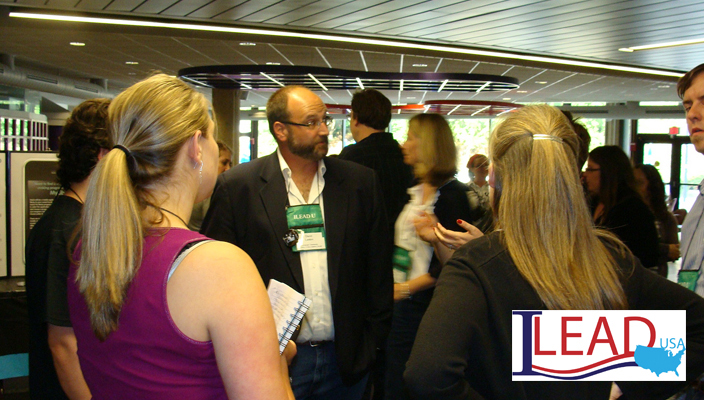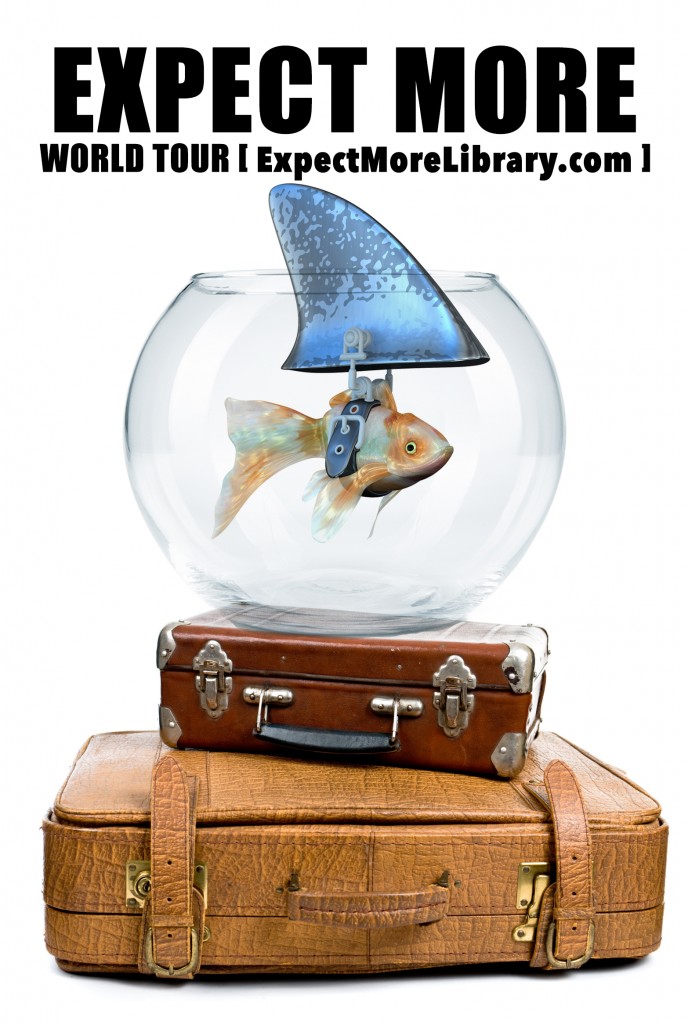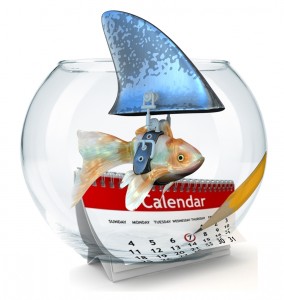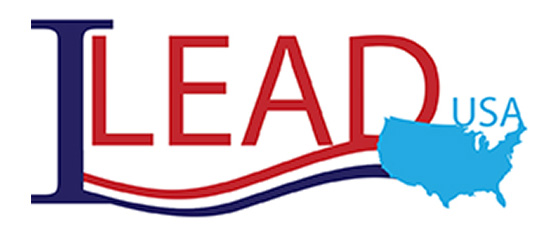I don’t have time to write this post. I have grading to do, a book to write, and proposals to draft. Yet, I must comment on the Independent Library Report released today concerning UK libraries. More than that, I have to comment on how the report is part of an international movement that I feel is amazingly good, but could be utterly disastrous if done wrong.
You see the library world is embracing the community in a brand new way and embracing a much richer and expanded definition of knowledge. That is good – no that is fantastic! However the UK report could lead to a potential disastrous path: losing the identity of library for an all encompassing whatever they want mentality. So as always, I feel there are lessons here for all libraries, not just ones in the UK. Just substitute your country, county, or community in for the UK, and I think this still works.
The Sieghart Report
Before I jump into my comments on the UK report let me say that I am fully aware that doing so is an act of presumption and arrogance. While I would love to live in the UK, I don’t, so this is very much an outsider’s view. However, I believe I can bring an international context to the report from my experience in North America, and European libraries. That said, I won’t be commenting on the governance structure or role of local councils, simply because I don’t know enough. Also, these are more first impressions than in-depth commentary.
Overall I think this is a very good report, and pushes library service in the right direction. It has all the feel good rhetoric that makes librarians and library supporters cheer:
“Libraries are, let us not forget, a golden thread throughout our lives.”
“[A Library] underpins every community.”
It has the requisite amount of doom talking about declining library budgets. It notes that there have been many reports, and that action is needed. It also does a lot of talking about libraries as learning spaces. This is all great, and feels like more than rhetoric with the examples included. I can only applaud the authors for seeing the value of libraries beyond books, and seeing them as vital to community wellbeing.
It lays out an ambitious, but reasonable action plan. It calls for WiFi access, which I read as a call for bridging digital divides in communities across class and locality barriers. It even calls for librarians to be retooled and trained around community transformation (my words). Love it, love it, love it.
The report acknowledges the need for policy changes as well. It is not enough to provide well prepared librarians and Internet access, the country must work with legislative and industry initiatives to fix copyright and barriers to access. One of the reasons I like this document so much is that it sees the problems of reinvigorating public libraries as a task across society (citizens, librarians, legislators, industry) not simply asking libraries to get better on their own.
Some of the other recommendations feel like catching up, like creating a national digital library network, and building a system for spreading innovation from localities to the nation. Catching up is not meant to imply they are bad recommendations, more that we should be expecting these services. To be honest, this is where my lack of local knowledge trips me up.
The report also calls for more community involvement. I read this not only in terms of governance, but an acceptance that there will be some public libraries run by non-librarians, and they should at least have standards to be held to. Not exactly the message librarians love to hear, but a nod to reality.
Now some constructive criticism. Rolling out WiFi to every library in the nation is a good thing, no doubt. Yet this proposal is couched in the idea that libraries do this to expand access to more stuff (technical term):
“give the public access to an unprecedented range of digital content.”
So libraries are more than books, they do DVDs, they do music, they should do Internet. Sure, but be bold and follow this idea through.
The empowering effects of Internet access is not in more things to read and consume, it is in the ability to broadcast and create. If you do indeed want public libraries to:
“help rural library services utilise, unlock and build their social capital to revitalise communal facilities.”
then libraries must become publishers of their communities. Every library should be ready to house blogs, distribute podcasts, and add local knowledge and materials to the national digital network. What we don’t want to create is a public library as a poor man’s access to Netflix. What we do want to create is a UK unleashed to the world.
Throughout this report is the confusing dance and pull of centralization versus localization. This can be seen in the call for a national digital network to provide content to local libraries. If you see this as a one-way transaction (serving up national content to be consumed) then you are promoting centralization. If, on the other hand, you see this network as both providing stuff (digital stuff no less) and a platform for distributing ideas local invention and culture? Well, then you are truly talking about creating a radically better library service to citizens.
Likewise, when the report talks about national branding, and a seemingly one-size fits all retail standard, I get worried. I get very worried. This worry is based on the U.S. movement in the past decade to be more like big-box bookstores (read Borders). Throw in coffee and comfortable chairs, call everyone a customer, and BAM (technical term) – libraries are saved. Then the box stores started to close (read again Borders), and folks realized that a good public library is not a comfy retail style establishment. It is a center for the community. It looks like the community. It sees the community as the collection.
Some communities need a place. Lots of communities need services at the point of need: their homes, their work, their churches, their parks. A national library platform that enables local publishing and sharing, also allows librarians and community members to be at the place of need. Be it through a telephone, a pop-up storefront or actually sitting beside them at a table, a revitalized public library system need not look like Starbucks, but it can look a lot like a human face and a hand of support. It can look like a cell phone. It can look like an historic building given new life. It can be filled with glass and steel, or wood and plaster, so long as it is filled with people.
The report goes on to talk about e-lending. Here I have no advice to give. I, instead, have a plea to make: PLEASE FIGURE THIS OUT. Lead the world. Make policy and platforms that promote learning as well as commerce. Create a balanced system that does good and does well. UK, you can be the shining light in understanding publishing and distribution in a new age of participation. To do so, however, you have to see every single citizens as a publisher and a consumer. Every corporation has a stake and every citizen has a story.
On the question of community led libraries and volunteers, I have two comments: pushing guidelines alone won’t help (not that I am saying that is what you intend to do), and don’t try to turn everyone into a librarian. In terms of pushing documents, if you want good community libraries you need to create compelling learning opportunities and rewards for learning. Don’t simply document what you want; show the volunteers in a hands-on way what to do, and more importantly WHY they should do it. If you focus on the why’s let the community innovate the best possible how. Same with all librarians as well. Define the outcomes, deliver supporting training, and then watch for brilliance. Where you find brilliance (good ideas from librarians, or volunteers, or students, or anyone) capture it and instantly incorporate it into the training. The national digital network for people running libraries should be the national digital platform for storytelling. Where the stories are successful ways of achieving the mission of libraries: community empowerment through learning.
Bottom line, I like this report, I support (like it matters) its recommendations, and I want to do whatever I can to push it forward (seriously, I’m offering my help). However, and I can’t state this strongly enough, coffee and WiFi (and toilets) do not a revitalized library make.
Coffee, Wifi and the Loo
So I said in the beginning that there was some cause for concern with the report…a path that could be disastrous. It is not in some acceptance of neoliberal ideas…whatever that is. Nothing in this document calls for selling out he core values of librarianship. Just because the authors of the report appreciate that retail stores are good at making inviting spaces, is not selling out. Likewise it is not in an acceptance of dumbing down as I have seen blogged. Just because you see knowledge as something beyond books, and richer than simply quiet reading does not mean you are dumbing things down. It means you understand that knowledge is richer than words, beyond pages, and capable of moving the soul as well as the brain.
No, the path to destruction is if the revitalization does not include a guiding philosophy. I like this report because it is in line with a powerful philosophy of learning and service (mostly). Makerspaces, e-lending, WiFi, all are powerful tools to advance a mission of community improvement through learning. However, some have seen this report as a sort of “give them what they want” prescription. We will not save libraries by becoming all the things localities need. Want to be a hub – you got it. Want to be a social space – you got it. Want to be a coffee bar – you go it. Want tax advice – you got it.Need social work, or welfare support, or travel guidance – you go it. Want to do anything and everything for whatever reason? The customer is always right…right? Except we are not talking about customers – we are talking about citizens.
Libraries are places of informal learning – no – they are places of learning and empowerment through knowledge. They are so, because we staff them, or at least oversee them, with librarians who are trained professionals. More important than the skills of librarians, though, is the set of principles and values they bring. Librarians are engaged in transformative social engagement. They seek to connect community members with ideas to help them learn, be those ideas in books, web pages or their neighbors. So while each local library can (should) look different, they are powerful because they come together in a common mission finding economies of scale and impacts.
This report, when read with this philosophy of participation and learning places the UK in a new wave of library thought. In the U.S. ALA is adopting community engagement as a key strategy. IFLA is moving towards supporting community engagement. Across the globe librarians are waking from a century long bender with collections and cataloging, to remember that these are only tools to serve the community. Important and vital tools, but tools
Please remember, you want to revitalize libraries in the UK not to have better libraries – but to have better communities. The community is the collection and needs collection development in the form of nurturing, training, and empowerment. In Chattanooga, and Pisa, and Edmonton, and Wellington librarians are focusing their considerable powers directly on the people they live and work with. These librarians no longer see their role as simply setting a table of knowledge, rather they see their role as hosting a sumptuous feast of shared expertise and experience resident in their communities.
I applaud the Independent Report, and implore the communities, librarians, and legislators to actively engage in revitalizing the UK libraries. I also applaud and implore librarians everywhere to push forward a view of librarianship beyond what and how we do to why we do it.
 I’ve mentioned ILEAD USA (born ILEAD U) several times in this blog, and for good reason. Put simply I think this is the best intensive continuing education for library professionals out there. I don’t say this because I am part of it. Rather I am part of it because I believe in the project so much.
I’ve mentioned ILEAD USA (born ILEAD U) several times in this blog, and for good reason. Put simply I think this is the best intensive continuing education for library professionals out there. I don’t say this because I am part of it. Rather I am part of it because I believe in the project so much.

 Prepare yourself for a year of greater expectations!
Prepare yourself for a year of greater expectations! Right now 10 State Libraries are gearing up to offer, in my opinion, the best learning experience for in-the-field librarians:
Right now 10 State Libraries are gearing up to offer, in my opinion, the best learning experience for in-the-field librarians: